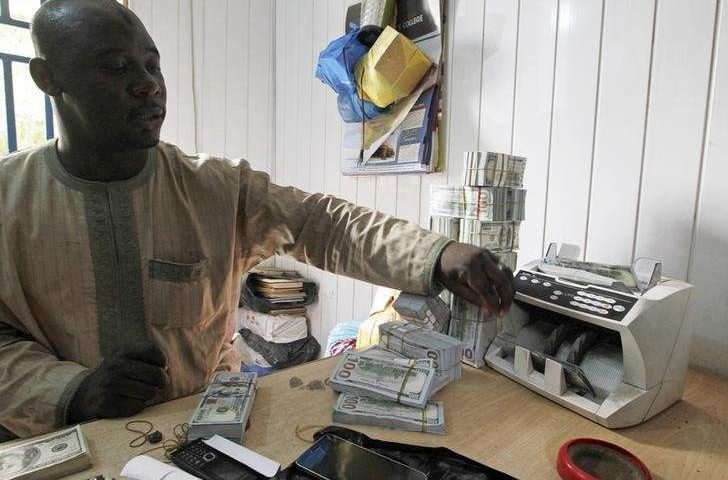Why banks are reducing your international spending limit and how it affects you
Aderemi Ojekunle is a Businessamlive Reporter.
you can contact hin on aderemi.ojekunle@businessamlive.com with stories and commentary.
August 28, 20203.6K views0 comments
Saviour Adugba
Most banks in Nigeria recently reviewed their customers’ international spending limit downwards with many of the banks capping the international spend limit per customer at $100 per day. In this report, Business A.M.’s Saviour Adugba, takes a look at why banks have decided to go this route while examining the effects it will have on the economy.
Why are the banks reducing customers’ international spending limits?
Read Also:
The most important thing to note is that Nigeria’s foreign exchange reserve is low and banks are not spared the effects of the low circulation of forex. It now looks like the banks themselves are now making a shift towards managing their own forex spend generally.
Ugochukwu Obi, the CEO of Nairametrics speaking with Lagos Talks FM recently, noted that whenever customers buy things in dollars with their naira cards, they usually spend from their bank’s depository of foreign exchange, with the banks doing the currency conversion and then deducting the naira equivalent. With the scarcity of forex in the country now, the banks had to control their forex expenditure, especially because COVID-19 has stunted the amount of forex being remitted to banks in Nigeria by Nigerians in the diaspora.
Additionally, official forex trades to BDCs are still suspended meaning that the forex in circulation is even shorter in supply. And although the banks don’t typically source forex from BDCs, one can not underestimate the effect that a stunted forex supply will have on the banks. That means that everyday Nigerians will also have to run to the banks in order to source forex for their everyday needs, further putting a strain on bank’s forex reserves.
With this new situation, the CBN might not need to step in in order to help mitigate the effects of the forex shortage as Nigeria is a country that depends more on imports than exports.
How does the reduction of the international spending limit affect you?
The downward review of the international spending limit affects the average Nigerian primarily because it stunts their ability to buy what they want abroad but there are deeper underlying economic consequences here.
Business A.M. spoke with Jefferey Okougha, a mini importation expert who usually imports goods from China and other foreign countries about the impact that the downward review will have on his business. He decried the move, explaining that the limitation will now mean that he and thousands of other people in the mini importation industry in Nigeria will now have nowhere to turn to in order to get the necessary forex that they will need to buy the volume of goods that they usually sell.
According to Okougha, mini importers usually make profits when they buy a large quantity of goods abroad and sell in Nigeria. He explained that this new move by the banks will now make sure that profits margins are squeezed further in a market that is already suffering from the effects of COVID-19.
Effectively, from Okugha’s explanation, the downward review of the international spending limits on debit cards might now force mini importers to buy fewer products. This means that they might need to increase the selling price of their products to make a respectable profit in order to survive. The end sufferers, as always, will be the everyday Nigerians on the street.
Modupe Adeleye, a finance analyst argues that although the reduction of the international spending limit does not have a direct impact on the everyday Nigerian, it does have an effect on Nigerians in the diaspora as they can’t withdraw enough funds to meet their everyday needs or obligations.
According to her, the effects that would have been felt by Nigerians back home due to the downward review of the international spending limit has already been necessitated by the short supply of forex in the country and that the banks’ decision to review spending limits downward is just a reactionary occurrence to the reality of the market.
“The banks are suffering” from not being able to meet their demands, so they had a need to put a cushion on the forex expenditure that they allow because they themselves cannot source forex from the CBN, said Adeleye.
The CBN itself has not been able to meet its forex obligations to the banks and the Nigerian public. Adeleye explained that the apex bank has not met its commercial obligations, retail obligations as well as its I&E obligations. With the coronavirus effectively slowing down the amount of diaspora remittance to Nigeria, the CBN will need to dig deep to find a lasting solution to Nigeria’s forex woes. More importantly, the government needs to create stimulating policies that will help move Nigeria away from being a heavy forex-dependent economy. For now, all we can do is hope that the economy bounces back.

